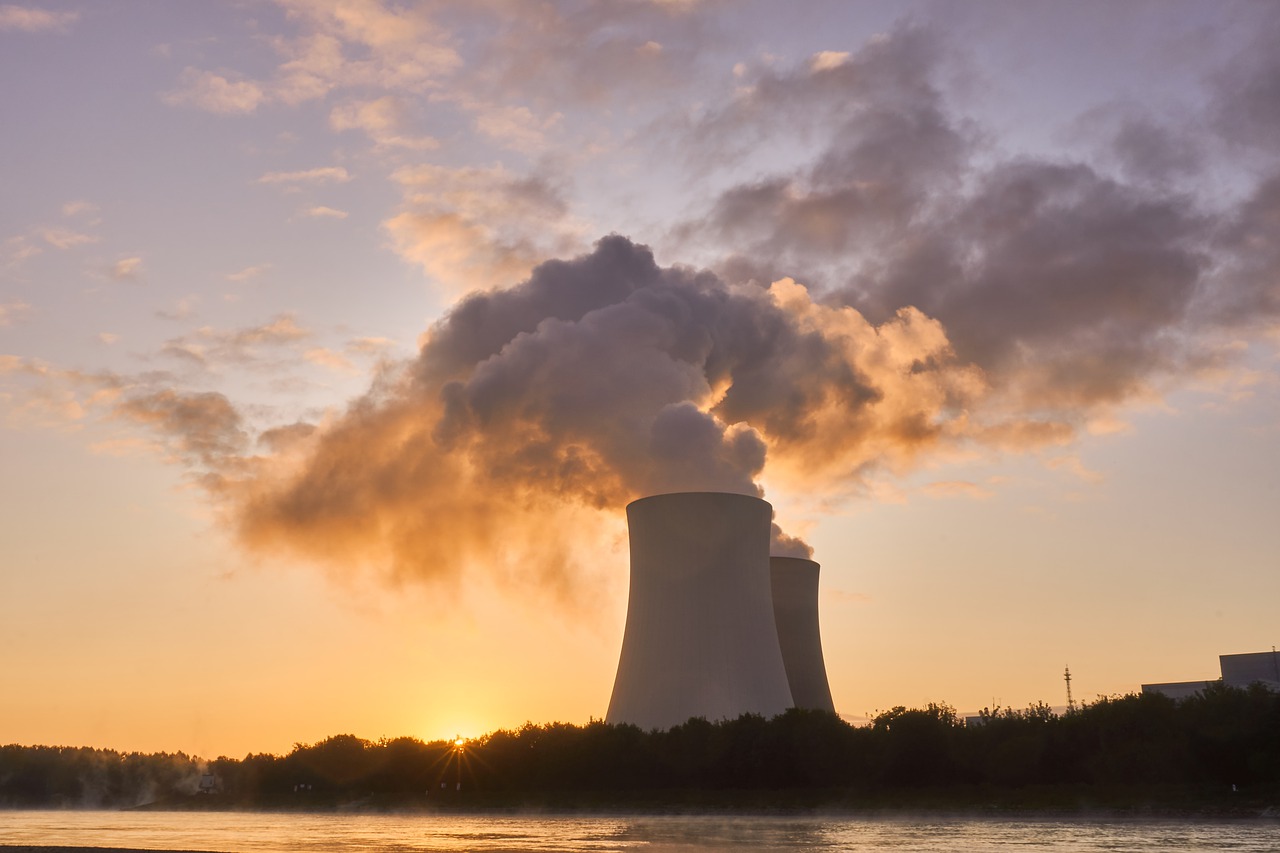The European Commission (EC) has decided to include gas and nuclear energy as green energies within the taxonomy to point out to investors the activities that can be classified as sustainable or that contribute to reducing emissions.

The European Commission (EC) has decided to include gas and nuclear energy as green energies within the taxonomy to indicate to investors the activities that can be classified as sustainable or that contribute to reducing emissions. A decision contrary to the criteria of experts such as Marcos Eguiguren, director of the Chair in Sustainable Finance from UPF Barcelona School of Management and Triodos Bank.
Why does the EC consider nuclear energy and gas as green energies in the taxonomy?
The EC approves giving the green label to gas and nuclear for political balance. It does so because France's electricity generation is based on nuclear energy in a large percentage, the French pressure has been very great for nuclear to be considered green. And the same can be said of Germany and natural gas, with gas-fired combined cycle plants, with Putin's permission. This decision is purely a political balance since the EC is due to the Member States, and has shown this deference to the two big ones. And all this absolutely against the criteria of the group of experts on sustainable finance.
The EC awards the green label to gas and nuclear because energy generation in Germany and France is based on these energies
And what do the experts on sustainable finance say?
The group of experts did not incorporate nuclear energy or gas as green energies, leaving them outside the green taxonomy. I would like to clarify that if the fight against climate change is considered green, it is true that nuclear energy does not produce greenhouse gas emissions and gas does, but substantially less than other fossil fuels.
Can gas and nuclear power fight against climate change then?
These energies can fight climate change, yet what we have is a word problem. But can they be considered green energies? As energies that are really clean and do not cause any type of pollution, then the answer is no. Gas generates few gases and nuclear generates radioactive waste that requires very strict management. They are good against climate change, but they could cause other problems.
This decision of the EC can cause these energies to receive large investments, which in fact they already receive. Does this decision leave the green taxonomy a dead letter? Does it run counter to a real green transition?
The taxonomy was created to fight against climate change, to make a list of economic actions, of activities that can be considered positive in the fight against climate change. And as it is created with this idea, yes, nuclear energy fits. The problem is the words, perhaps we should say taxonomy against climate change. If it is called green, with a broader meaning of environmental protection, beyond climate change, then nuclear energy and gas could never be. However, this green gas or nuclear label will only be considered as such to facilitate investments if it is done with specific technologies and until 2045. There are certain limitations.
There is a certain danger that many investments that could go to other energy sources could go to gas or nuclear.
Investing in these energies is a safe bet, compared to others such as renewables, for example.
Despite the limitations, there is a certain danger that many investments that could go to other energy sources could be directed to gas or nuclear.
And what is your opinion on the role of the EC?
The EC should not have changed the taxonomy or incorporated nuclear or gas, in any case it would have recognized them as options for a transition for a limited time. All with harder or more uncomfortable financing conditions for these energies. This decision makes clear the very serious problem that the European Union has, which is a club of States, and this type of thing happens. In a federal EU these things would not happen, surely.

